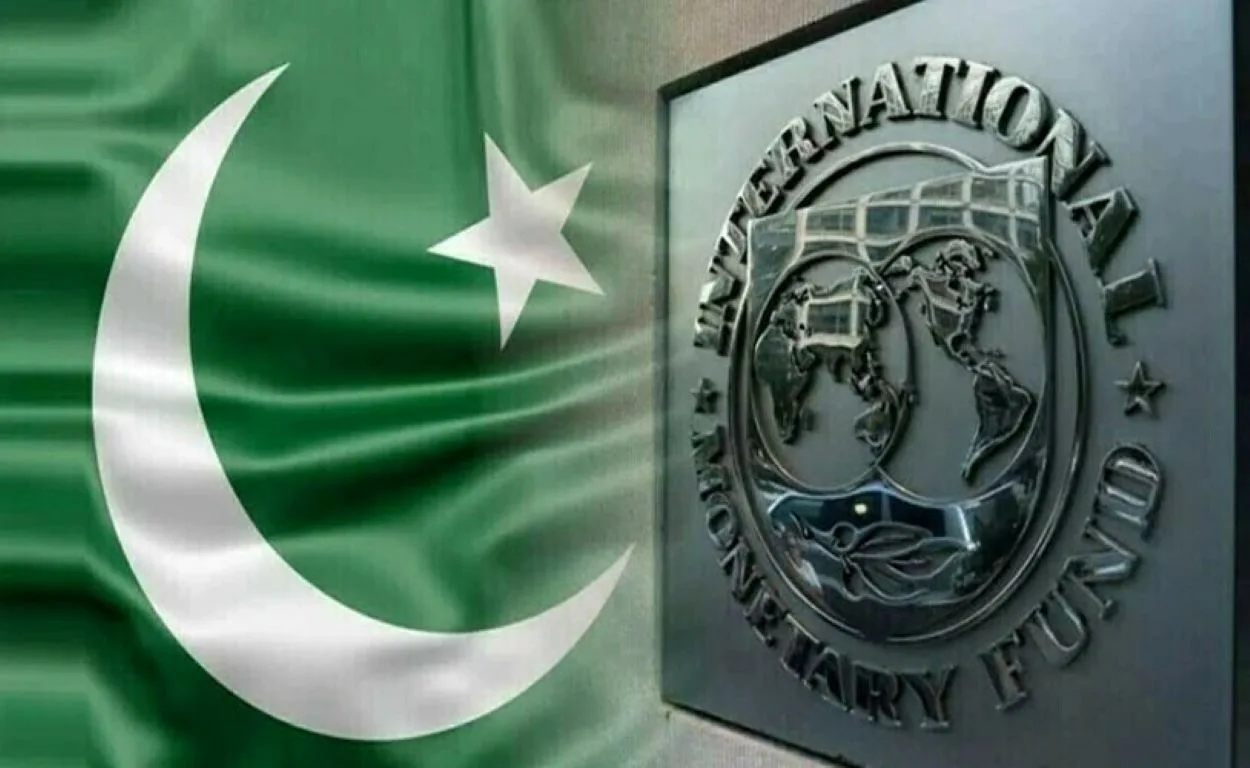Pakistan and the International Monetary Fund (IMF) have struck a significant agreement to maintain macroeconomic stability while addressing complex economic challenges.
In line with this accord, measures have been outlined to ensure the difference between the interbank and open market averages remains under 1.25% on any five business days.
The IMF stressed the need for Pakistan’s unwavering implementation of agreed-upon policies and continuous financial assistance from external partners to tackle its economic challenges. The international body advocates for a relentless execution of the program agreements to mitigate risks and uphold economic stability.
Terms and Conditions for the $3 Billion Standby Arrangement (SBA) Program
The IMF disclosed the commitments and memorandum of understanding signed for the $3 billion SBA program aid package with the Government of Pakistan. This includes commitments not to use foreign exchange sales to avert a fundamentally-driven depreciation of the rupee and to elevate the yearly rebasing of electricity tariffs by the end of the month.
The agreement also stipulates the compiling and distribution of quarterly National Accounts for the first quarter of FY24 (Q-1) commencing in July-September and revised yearly estimates for FY23 by November 30, 2023.
As a part of the structural benchmark for the $3 billion bailout package, the State Bank of Pakistan (SBP) will publish daily interbank and open market exchange rates. It will also develop a framework to oversee and publicize developments and pricing in the informal market.
The SBP interventions will continue to be driven by market conditions and monetary policy goals. The government has also agreed to increase reserves to a prudent level of at least $6.4 billion by 2023. Moreover, any misconduct or anti-competitive behaviour by market participants will be addressed by enforcing relevant regulations and laws.
Fiscal Consolidation and Revenue Mobilization Strategy
The fiscal strategy for FY24 includes achieving a primary surplus of PRs 401 billion. This strategy is based on sustainable measures to raise additional revenue by focusing on undertaxed sectors like agriculture and construction, broadening the tax base, and enhancing progressivity. Non-priority expenditures will be contained through energy sector measures, public wage bills, and pensions while maintaining the generosity of the Benazir Income Support Programme (BISP) and Benazir Kafalat Programme.
The government has agreed with the IMF to reinforce the governance of state-owned enterprises (SOEs) by defining ownership arrangements and allocating roles within the federal government. Amendments will be made to the Acts of four selected SOEs to make the new SOE law applicable.
Additionally, the government has agreed not to grant further tax amnesties and to avoid issuing new preferential tax treatments or exemptions. The Central Monitoring Unit (CMU) will issue its first periodic report on SOE performance by the end of 2023.
H2: Monetary Policy and Economic Sustainability
The IMF stresses that monetary policy must be prudent, proactive, and data-driven. Returning the forward-looking real policy rate to positive territory is crucial to re-anchor expectations and achieve the SBP’s medium-term inflation objective. Restoring public faith in the exchange rate system is essential and involves refraining from informal market influence.
The success of these commitments will depend on strong and sustained ownership, firm implementation, and significant external financial support. Thus, the IMF maintains that policies and monitoring should support external financing, with strengthened policies supporting a rebound in remittances in FY24 and other inflows after that.
The fiscal effort outlined in the budget for FY24 is a crucial step towards ensuring fiscal sustainability, but additional reforms must follow it. There is also a need to improve public financial management and increase targeted social expenditure to reduce poverty and enhance social protection effectively.
While the government has taken steps in these areas, these must be sustained throughout the program period for Pakistan to regain stability and remain sustainable. The IMF concludes that the new SBA aims to restore confidence and consolidate stability by reducing budget and external deficits, controlling inflation, restoring the functioning of the foreign exchange market, rebuilding reserve buffers, and advancing key reform initiatives.






